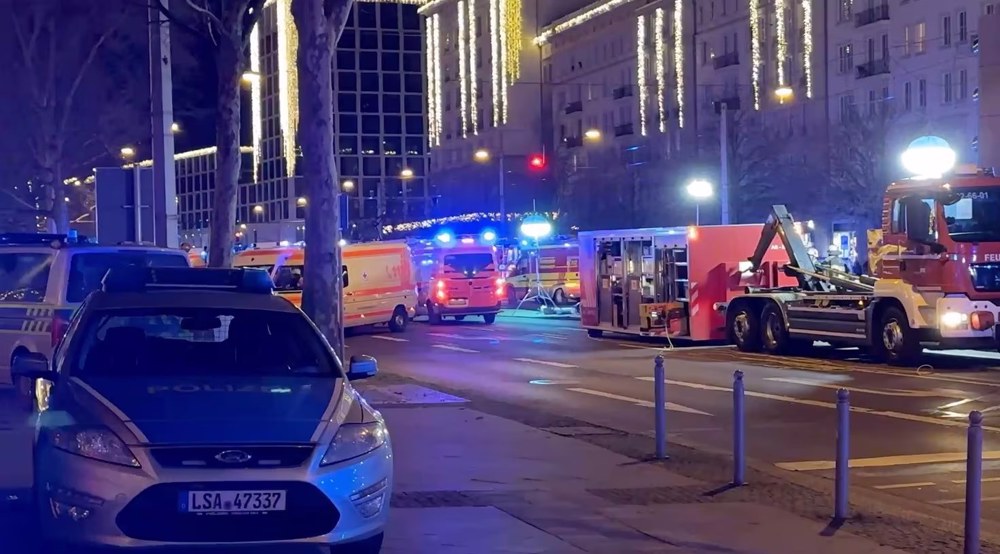German ruling coalition agrees on counter-terror measures
Germany has unveiled a new package of counter-terror measures amid rising threats of terrorist attacks across Europe.
The leaders of Germany's ruling coalition parties unveiled the package at a meeting on Wednesday.
The measures include granting more powers to law enforcement to deploy undercover agents, as well as empowering Germany's intelligence agencies to exchange information with foreign partners under clear conditions, Reuters reported.
The announcement comes as Europe has faced a wave of terror attacks in recent months, including the Brussels bombings in March and the Paris attacks in November 2015, which were both claimed by the Takfir Daesh terrorist group.
In March, German authorities stepped up security measures at airports, train stations, and the country's borders with Belgium, France, the Netherlands and Luxembourg.
On April 5, Daesh released a video claiming that it may launch more attacks in European countries. The terror group named London, Berlin and Rome as possible targets.
Refugee integration law
During their meeting, Germany’s coalition parties also agreed on the details of a planned integration law for refugees, a coalition source said, without giving further details.

The coalition leaders, which include Chancellor Angela Merkel's conservatives, their Bavarian allies and the Social Democrats, plan to pass the integration legislation on May 24.
They are scheduled to hold a news conference later on Thursday to give more details on the new counter-terror package, coalition sources said.
Germany, Europe’s top destination for refugees, received around one million asylum seekers last year. Most of the refugees are fleeing conflict-hit zones in the Middle East and Africa.
The unprecedented influx has caused division among the ruling German coalition parties over the best way to tackle the issue.

Europe is facing record refugee arrivals. Many asylum seekers travel from Turkey to Greece by boat. They then transit from Greece through Macedonia, Serbia, Croatia, and Slovenia to Austria, with the ultimate goal of reaching Germany and other wealthy Western European states.
Jan. 15: ‘Axis of Resistance’ operations against Israeli occupation
VIDEO | US fires: Criticism mounts over govt. failure to respond
VIDEO | Fears, hope in Gaza amid intensified ceasefire efforts
VIDEO | Press TV's news headlines
Hamas: Ceasefire agreement result of steadfastness, resistance in Gaza over 15 months
Hamas thanks Iran, Resistance Front following achievement of ceasefire in Gaza
'Capitulation': Israeli officials and media concede Gaza defeat as truce unfolds
'Gaza has won': Social media users react to ceasefire with mix of relief, joy















 This makes it easy to access the Press TV website
This makes it easy to access the Press TV website